Register for FY25
Full-Year Financial and Programmatic Results
Solution Series: Maximizing Organizational Intelligence: Building Capacity to Create and Strategically Use Knowledge


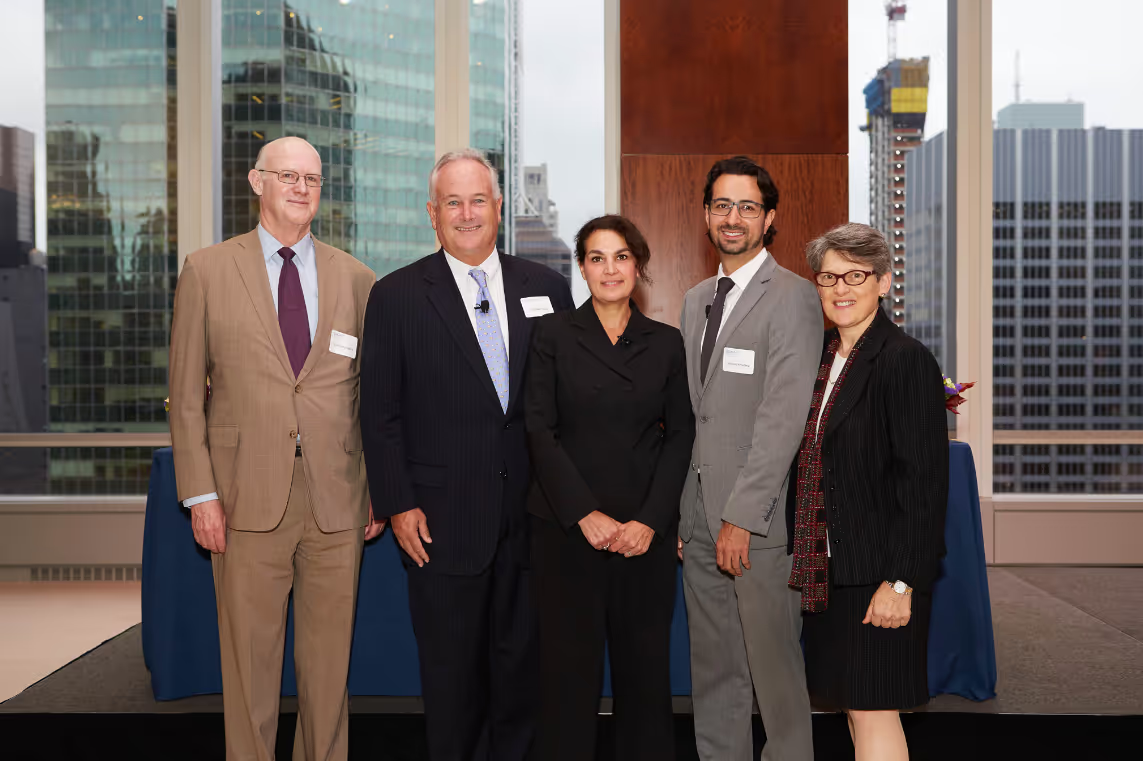
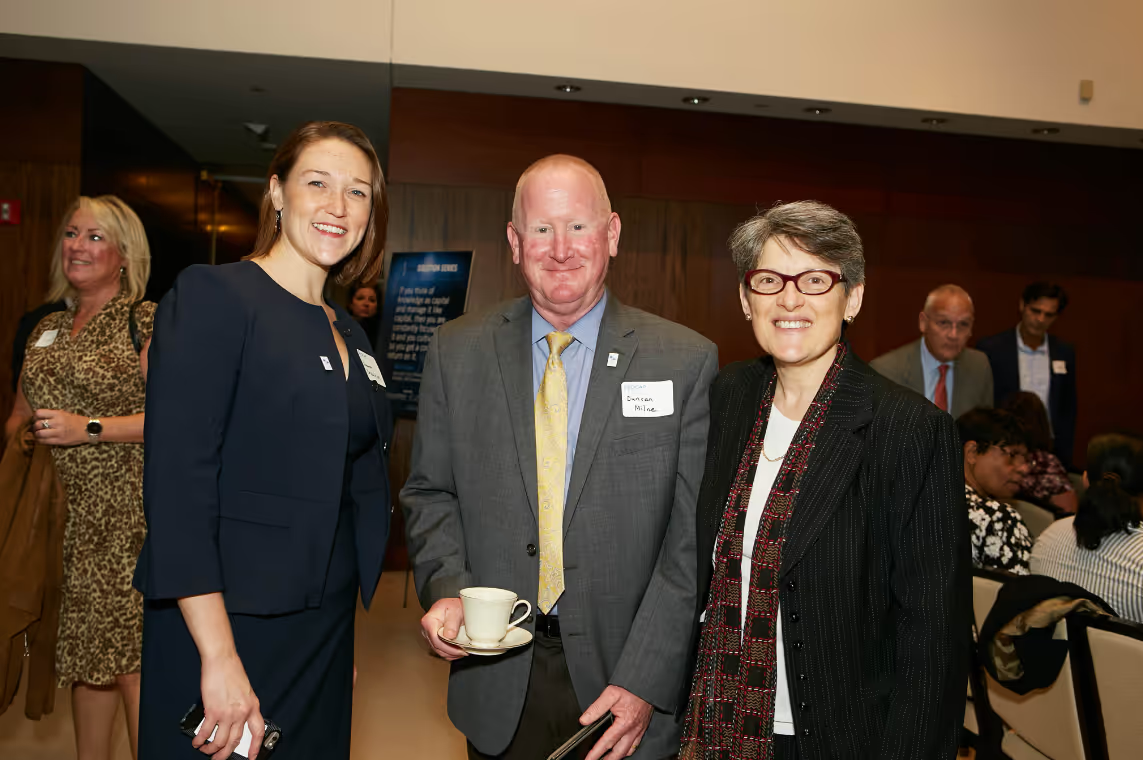
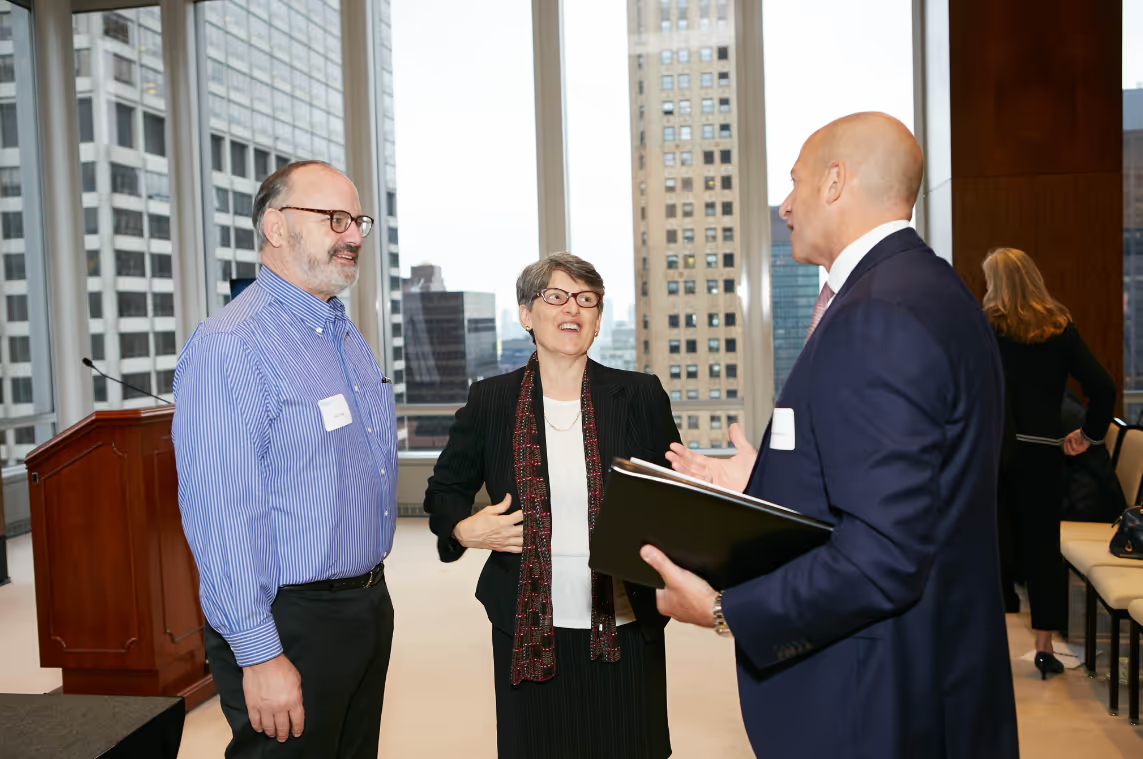
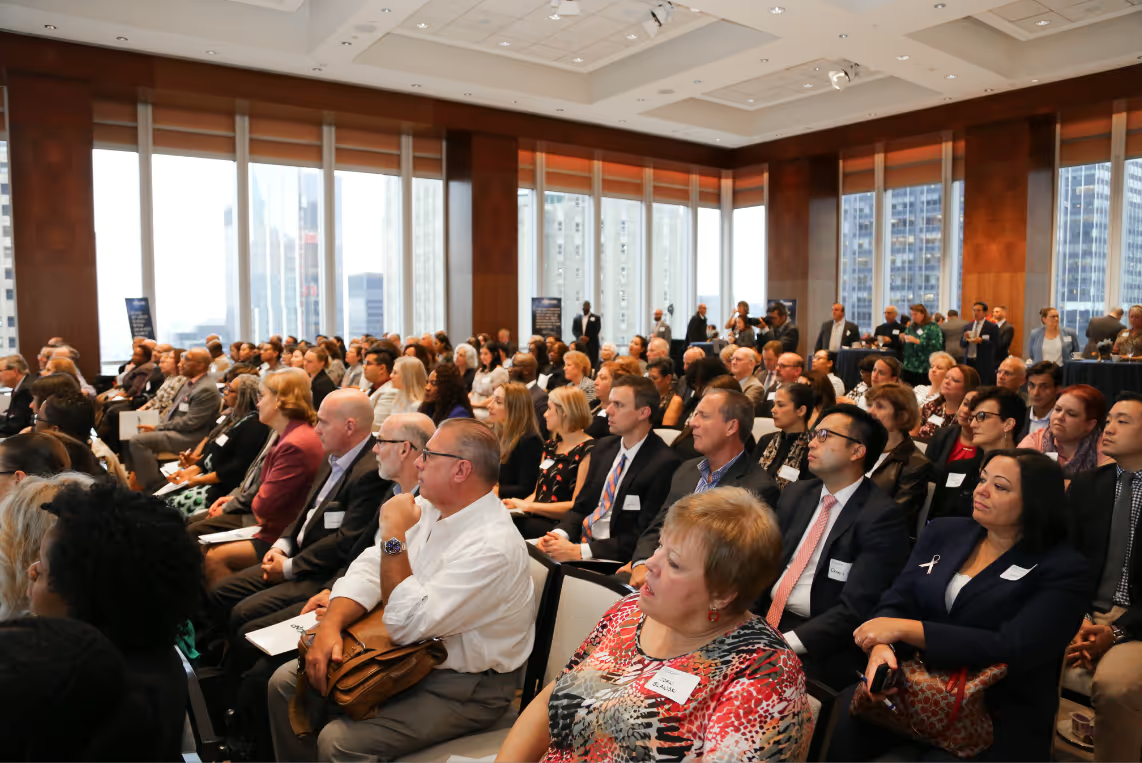

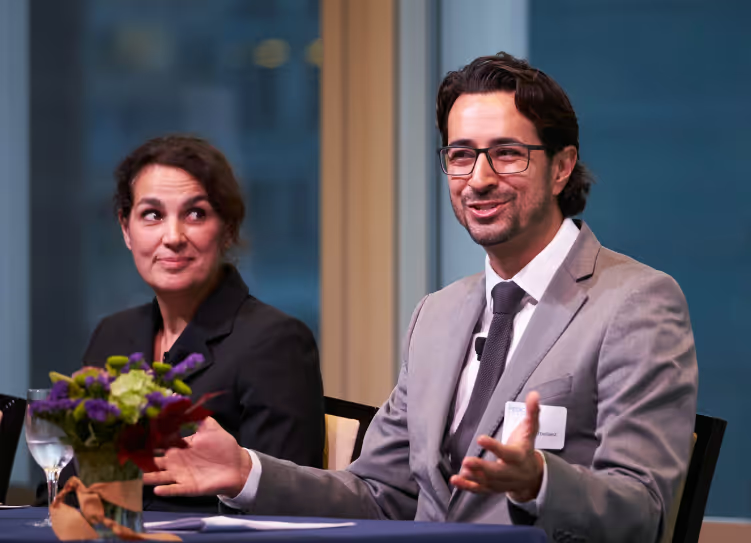
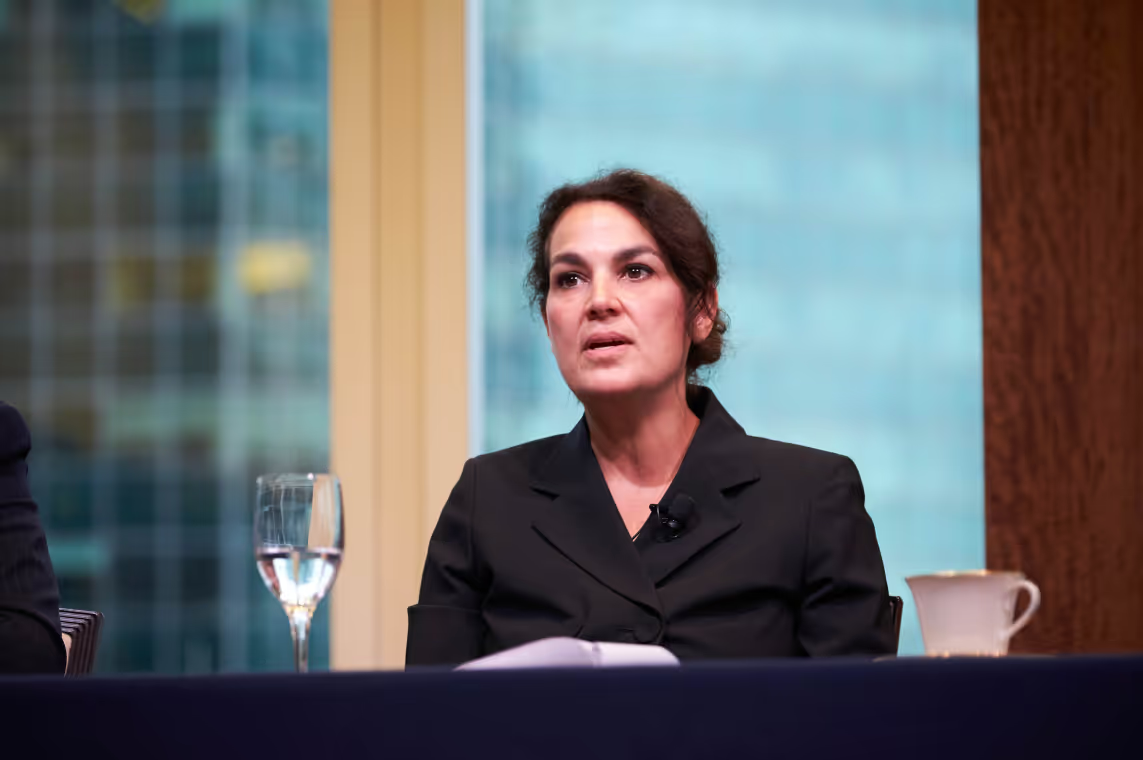
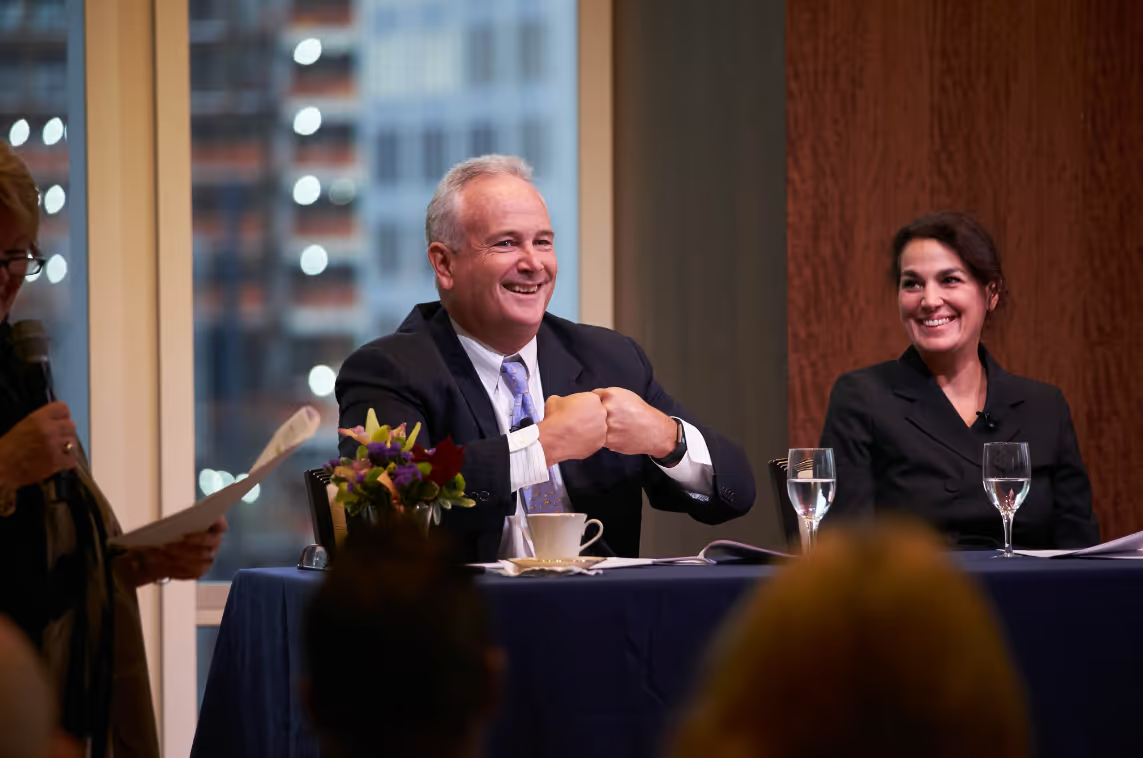

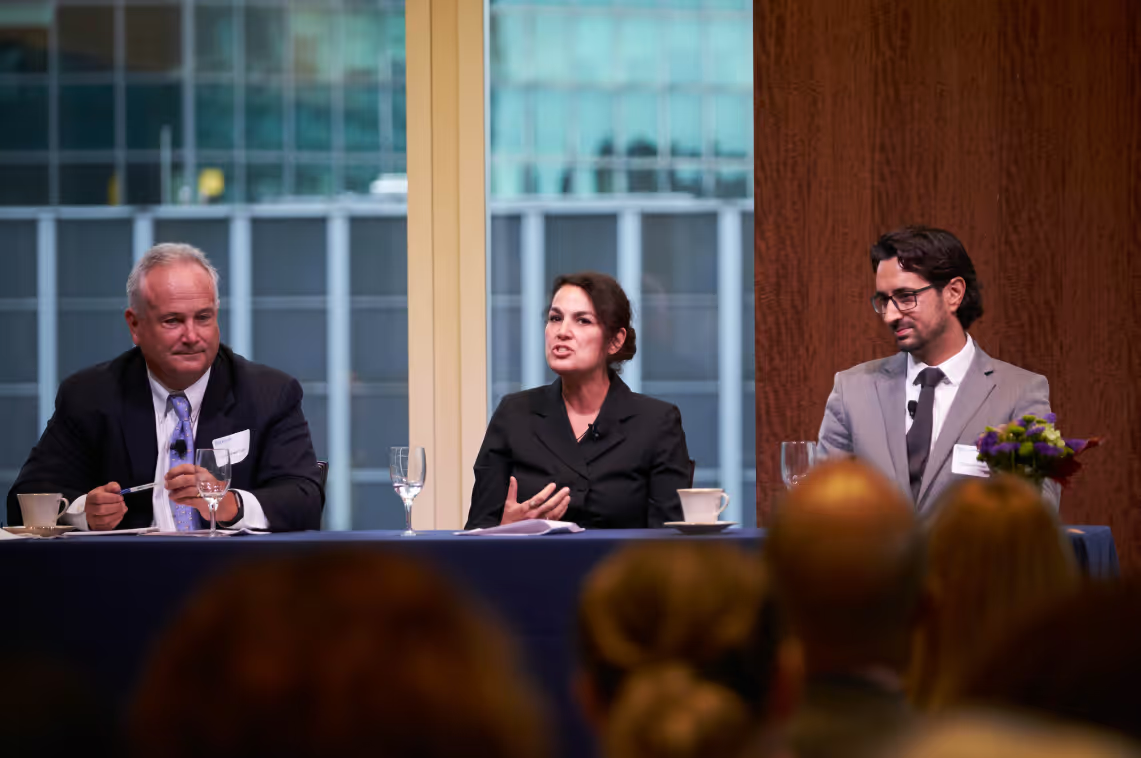
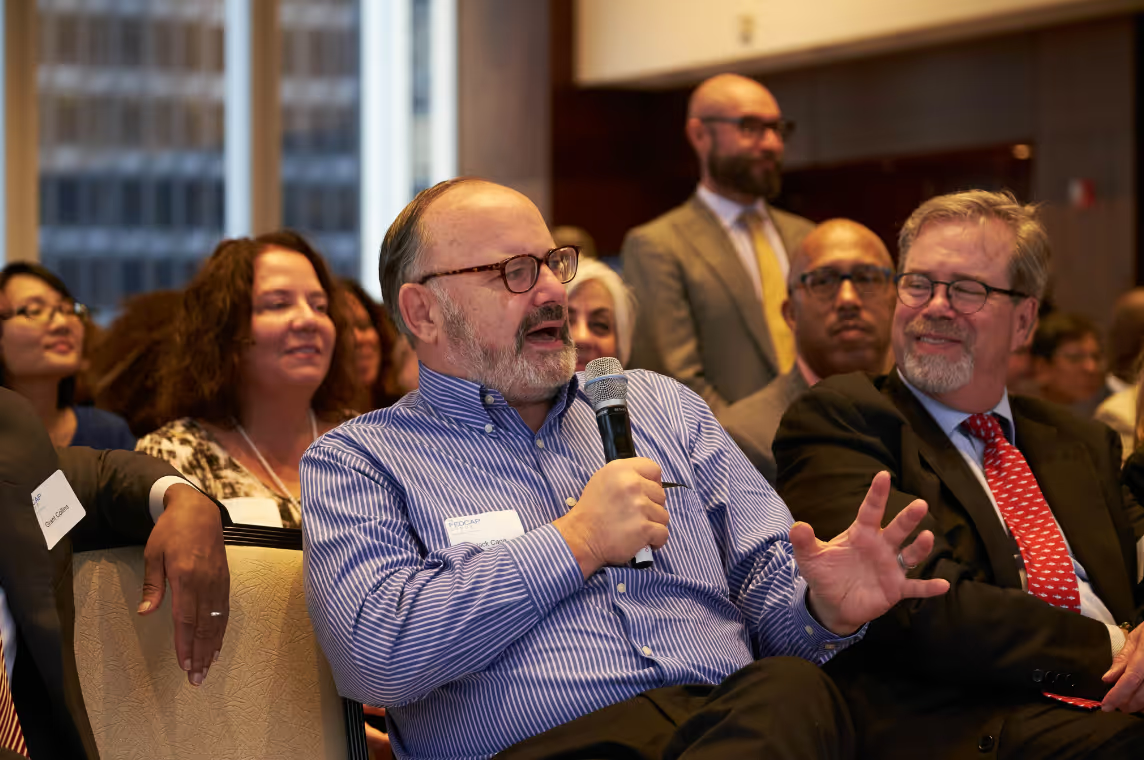

The Fedcap Group’s 16th Solution Series, Maximizing Organizational Intelligence: Building Capacity to Create and Strategically Use Knowledge was a great success, with a full house at Mutual of America building and hundreds from across the nation participating via live stream. The topic is especially significant to The Fedcap Group during this exciting period of mission-driven growth and expanded impact.
A panel of thought leaders led a lively and insightful discussion, touching on how intelligent organizations leverage their key assets – people, knowledge, data and analytics – for competitive advantage in the marketplace. The panel included Mike Turpin, Executive Vice President and Managing Consultant, USI Insurance Services; Leila Araiche, Managing Director in Brookfield Property Partners’ Real Estate Group, and Enrique Arbelaez, Co-Founder and Managing Partner of Cien+, an innovative consultancy and marketing services firm that employs big data insights and cultural intelligence to help leaders and brands turn cultural trends into opportunities.
A key challenge for companies leveraging knowledge is turning data into actionable insights. To do so they must become an intelligent organization.
“To fully leverage data and analytics, we have learned that we need to manifest all the elements that define an intelligent organization–social, emotional, business and cultural intelligence,” said Christine McMahon, President and CEO of The Fedcap Group. “This requires technological capabilities, understanding the dynamics and motivations of a multicultural workforce and being structured to manage complexity and change.”
Mr. Turpin said that high IQ organization share data and use it to assist people at all levels of the organization. Knowledge, which comprises a remarkable 83 percent of organizational asset value, is as important as capital—and moves just as fast. “If you think of knowledge as capital and manage it like capital, then you are constantly focused on –how do you facilitate it, how do you cultivate it, so you get a constant return on it,” he said.
Mr. Arbelaez highlighted the importance of cultural knowledge, defined as the capability to relate and work effectively across cultures. Changing workforce demographics mean that cultural knowledge is essential for companies to unlock the full spectrum of organizational knowledge. “The U.S. minority population, currently 30 percent, is expected to exceed 50 percent before 2050,” he said. “These changing demographics have significant financial implications for business. A business that is not prepared to effectively tap into these diverse population groups is simply not sustainable.”
No organization can have a high IQ or maximize actionable intelligence without building a strong culture of communication, Ms. Araiche said. “A culture of strong communication requires clear messages about goals and specific, key measurements for success. If you want information, business intelligence and data to drive decision-making, you need regular, established outlets for communication at many organizational levels,” she said.
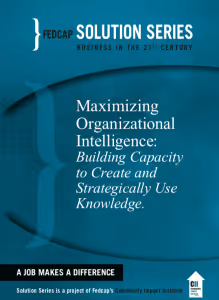
-min.avif)

